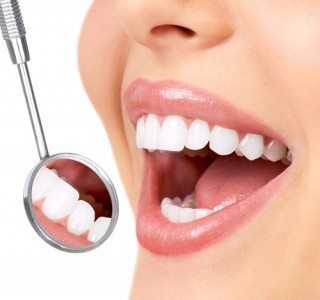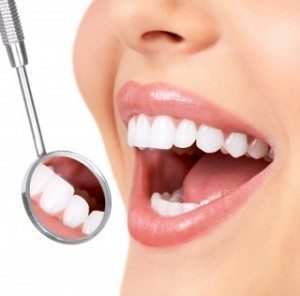Can Too Much Whitening Damage Teeth
Who doesn’t want a brighter smile? With countless over-the-counter and D.I.Y. treatments available, everyone can whiten their teeth at home.
Related Post: How Long Does Teeth Whitening Last?
However, if you’ve tried an at-home method and experienced tooth sensitivity or pain, you’re not alone. When whitening your teeth without professional services, you may be darkening or damaging their teeth.
Dr. Derek R. Kaelin, D.D.S., and the team at Northside Dental suggest sticking with professional whitening.
Effects of Over-Whitening Your Teeth
A professional teeth whitening treatment is perfectly safe. But as with most things in life, overdoing it leads to negative outcomes. Excessive teeth whitening can damage teeth.
Darker Colored Teeth
Whitening your teeth with bleach causes the opposite effect: a dark, dull hue rather than a sparkling white gleam.
Increased Gum Sensitivity
Teeth whitening processes often use peroxide, which enhances tooth and gum sensitivity. This effect disappears once use stops.
Erosion of Enamel
Enamel is the protective barrier for teeth. Bleach will destroy enamel. If that wears down, the tooth can wear down, too, which might lead to more serious, long-lasting conditions like tooth decay and fracturing.
Can Teeth Whitening Damage Gums?
While it is generally safe when administered by a trained professional, there are ways teeth whitening can damage gums if not done correctly.
Irritation
One common way teeth whitening can affect gums is through chemical irritation. The bleaching agents used in whitening treatments, such as hydrogen or carbamide peroxide, can contact the gums. This contact can lead to gum irritation, redness, and temporary discomfort. However, this irritation is usually short-lived, subsiding within a few days after the treatment.
Chemical Burns
More severe gum damage can occur if teeth whitening is performed improperly or by inexperienced individuals. Overly concentrated whitening agents or long treatment times can increase the risk of chemical burns on the gums, leading to blisters and tissue damage.
Gum Recession
Aggressive teeth whitening may cause gum recession, where the gums pull away from the teeth, exposing the tooth roots. Gum recession can be more permanent and require additional dental procedures.
Related Post: Can Gum Recession be Reversed?
It’s essential to discuss your concerns and expectations with your dentist to ensure a safe and effective teeth whitening experience.
Alternative Teeth Whitening Options
- Over-the-counter bleaching products
- In-office bleaching from a dental provider
- Teeth whitening trays to use at home
- Stain-removal toothpastes
Schedule Your Dental Whitening Appointment Today
Interested in getting whiter teeth in a safe, predictable manner? Contact us to schedule an appointment or ask questions today.


